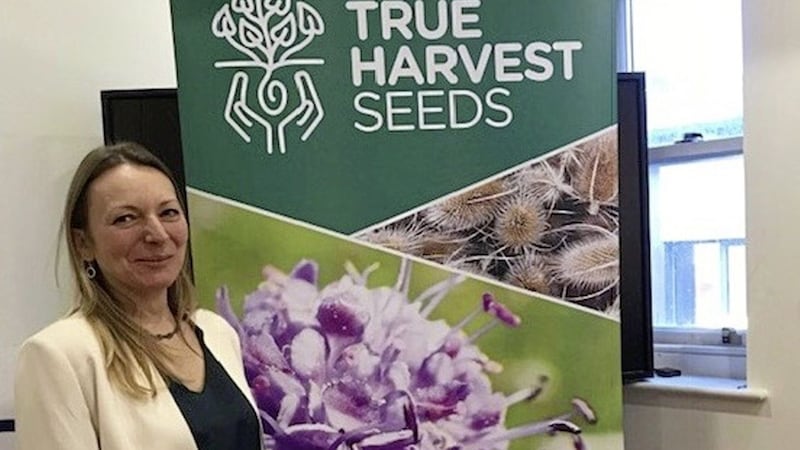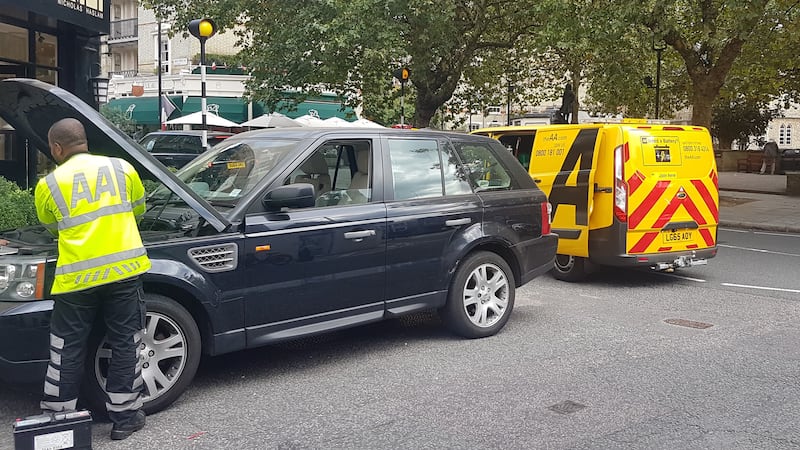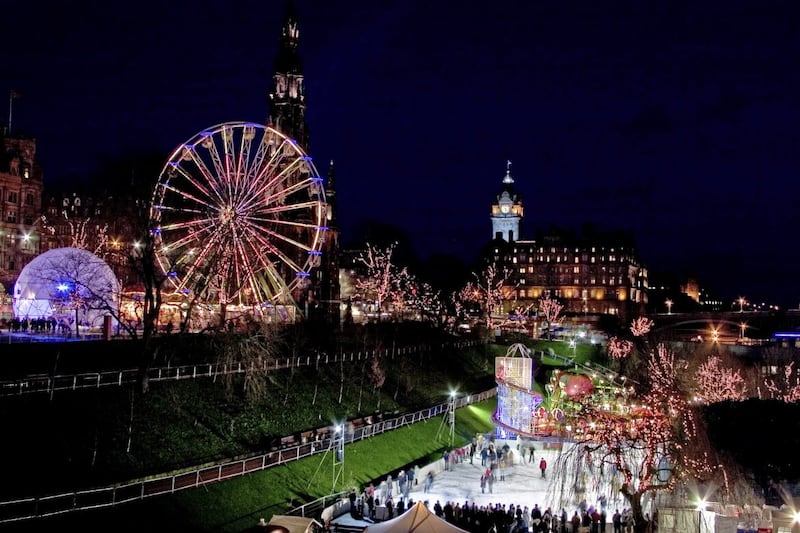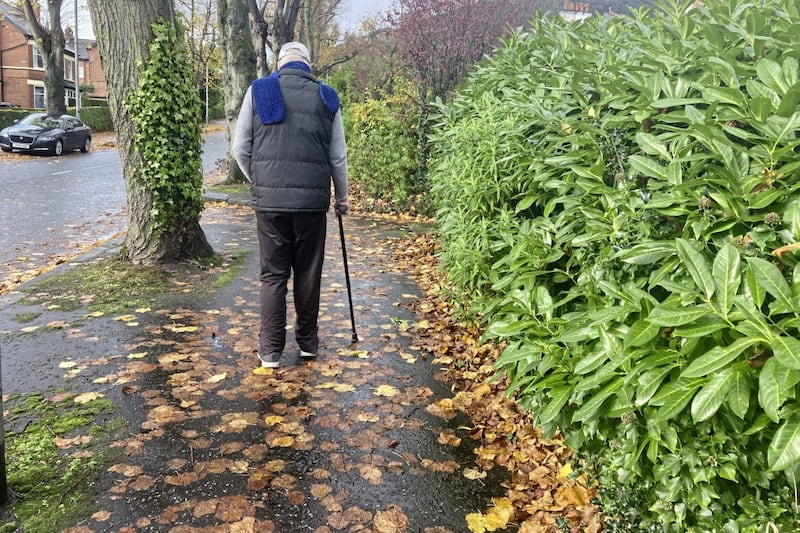REMEMBER the story of Johnny Appleseed and his little song? ‘The Lord is good to me, And so I thank the Lord, For giving me the things I need, The sun, and the rain, and the apple seed. The Lord is good to me.’
John ‘Appleseed’ Chapman was a nurseryman who, until his death in 1845, made a lasting impression on America’s health and economy. He had a simple outlook on life: don’t worry about shoes, wear a saucepan on your head, load up with apple seeds then get on the road and walk the length and breadth of America planting apple trees. Look him up; he’s now a legend thanks to those tiny seeds and the miracle of nature.
January isn’t very old yet already the buds are burgeoning and new growth is poking through the soil, so I was interested to hear from Debbie Gilles that seeds actually hibernate and we’re in the period of awakening.
If like me you haven’t really given these little wonders much thought, here’s news about the work of True Harvest Seeds based in Strangford and managed by Debbie, a charity dedicated to preserving native wild seed.
Thanks to her, I can tell you how vitally important these are to our future, that there are seed banks throughout the world where rare and native species are held in scientific conditions for future generations and how locally Debbie and her colleagues are preserving native plant species on the island of Ireland by collecting a huge variety of seeds which can be stored for maybe 200 or 300 years. It’s a staggering fact that the oldest recorded seed in the world is thought to be 30,000 years old.
Can you imagine if we ran out of barley seed or seed potatoes, let alone seeds for fruit and vegetables? We’d be in big trouble. So it was an enthusiastic group that met last month in Downpatrick to celebrate the success of one particular project 'Securing the Future of our Wild Flowers’ supported by the Heritage Lottery.
Those attending are steeped in various aspects of conservation from fields to seasides, bees to butterflies and much more between. Thank goodness for these dedicated volunteers who spend so much of their time out and about researching and reporting – it’s no exaggeration to say that at the end of the day they are saving our planet.
There are lots of hidden dangers in conservation
One worry is the import of non-native plants because, as we are an island with our own weather patterns and soils conditions, these interlopers don’t always mix well.
We could lose vital species; indeed, with changing climate, farming and industrial practices and the continuing use of imported seeds and plants, we have lost out already.
Young trees planted in towns and villages are most often from other countries and as they are not native, they flower at a time when our bees are not around to pollinate and that’s serious.
We can do our bit too
By conserving a part of the garden for natural growth we are allowing plant families to live on beyond our years and into the future.
We’re still benefiting from the seed chests carried by the Vikings when they came marauding. Probably appropriate that Debbie Gillies and True Harvest Seeds are based in Strangford where the charity stores not just wild flower seed but vegetables, fruit, trees, and bushes with support from a number of organisations including Kew Gardens Millennium Seed Bank.
In Muriel Stuart’s poem The Seed Shop, she writes: ‘Meadows and gardens running through my hand. Dead that shall quicken at the call of Spring and in my hand a forest lies asleep.’
Powerful thought. If you’d like to know more go to trueharvestseeds.co.uk
Norah shows it's never too late
IT TOOK Norah Humphries 76 years to put pen to paper but she had good reason. Norah, whose book The Secret of Glaslough was published just before Christmas, worked in the health sector all her life. From Banbridge, she was a nurse then a nurse tutor in City Hospital and Lagan Valley and then took on a post with the Eastern Health Board as Aids and HIV coordinator teaching medical staff, GPs, staff in schools – anyone who needed to know about this new and terrifying illness.
And to emphasise the dangers she usually invited someone suffering the disease to accompany her.
Although it’s not talked about so much these days, Norah is quite sure there is still cause to be concerned and to be aware of the dangers.
With her nursing career behind her, Norah is now a published author. Her latest story is based on experience within her family many years ago. A young girl left to look after her bigoted father and brothers; she’s expected to do the housework, the cooking, the laundry and there’s little thanks –in those days it was what women were expected to do.
Rose wasn’t allowed to go far and certainly not up the lane to the next farm – that’s where the Catholic family lived her father said she must have nothing to do with them.
“They are Roman Catholics and worship the Pope, is that clear?”
But come the Twelfth of July when the menfolk donned their collars and headed to the parade in Armagh, she and her dog Rover determined to find out what was at the end of the overgrown lane.
Patrick was at the end of the lane, so was forbidden love and temptation and a horrific outcome.
Now, at 84, Norah has four books behind her and three in the pipeline! In her bedroom looking out over stables and horses in the Saintfield countryside she has privacy to let her imagination run riot, with the backing of her husband Ian McMullan and her family.
“It was a big mistake not to start sooner but I’m making up for it now.”
Published by Austin Maculey, £9.99, available from Waterstones.









